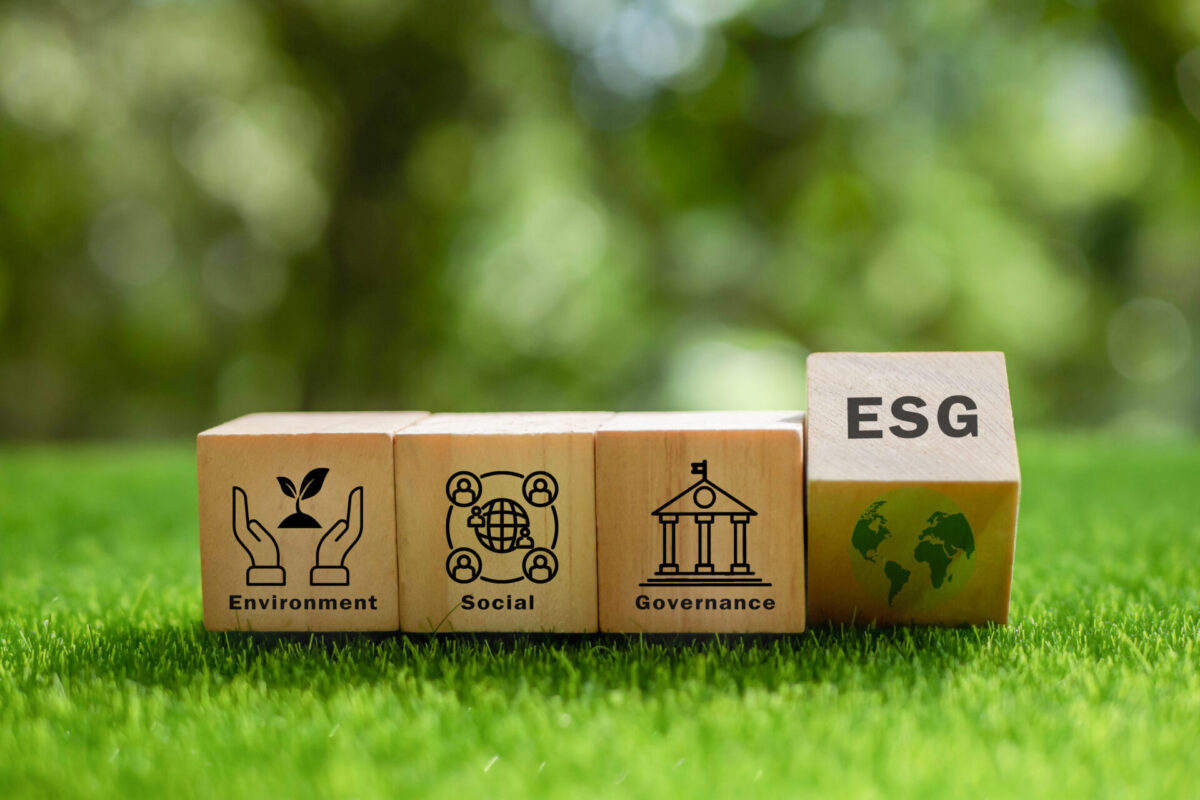Five key trends have emerged in the constantly evolving landscape of risk management and compliance: Agility, Resilience, Integrity, Accountability, and Engagement. Integrity in risk management centers around Environmental, Social, and Governance (ESG) commitments. ESG is not about mere compliance but essentially reflects an organization’s values, ethics, and practices. ESG at its core is essentially all about risk management.
In a recent Inclus webinar, Michael Rasmussen highlighted five essential trends in contemporary risk management. While agility and resilience have been widely discussed and were the focus of our previous blog article, integrity remains a critical but often underestimated aspect of risk management.
This blog post will delve into integrity in risk management, and how it is intertwined with Environmental, Social, and Governance (ESG) considerations in both private and public organizations.
The essence of Integrity in ESG
Integrity is deeply rooted in the ESG framework. ESG commitments go beyond mere regulatory compliance and instead reflect an organization’s values and ethics.
ESG commitments are a reflection of an organization’s stance on environmental matters, social issues, and governance practices. Values and ethics play a pivotal role in shaping an organization’s ESG statements.
“What we communicate to the world about our values and ethics should also be the reality that we live by and not just smoke and mirrors.”

Environmental integrity encompasses an organization’s environmental values, including concerns about issues like sustainability, pollution, and resource conservation. It goes beyond compliance with environmental laws and regulations to demonstrate a genuine commitment to ecological responsibility.
Social integrity addresses such things as inclusivity, diversity, child labor, forced labor, and privacy concerns. It emphasizes an organization’s dedication to creating a socially responsible and inclusive environment.
Governance integrity covers various aspects such as transparency, beneficial ownership, internal controls, security, fraud prevention, and anti-bribery and corruption measures. It highlights the organization’s commitment to maintaining ethical and responsible governance practices
The perception of ESG varies regionally and goes way beyond climate change
While climate change is a significant ESG concern, it is just one part of a much broader spectrum of environmental issues.
ESG also encompasses topics like PFAS (Per- and Polyfluoroalkyl Substances) and ”forever chemicals,” air and water quality, waste management, and pollution control.
The perception of ESG also varies across regions, with the United States often associating ESG primarily with climate change regulations.
“Some people in the US tend to think that complying with the SEC climate change rules, whenever they will be passed, are all about ESG. Yet that’s just a fraction of ESG!”
In contrast, Europe showcases a more comprehensive approach to ESG, evident through initiatives like the EU Corporate Sustainability Reporting Directive (CSRD) and the EU Corporate Sustainability Due Diligence Directive.

ESG is essentially a risk management discipline
ESG considerations have evolved into a pivotal risk management process. ESG factors encompass a wide range of issues, all of which pose both opportunities and risks for organizations. ESG risk management – with integrity – involve identifying, assessing, and mitigating risks to protect an organization’s long-term viability and reputation.
ESG factors can directly impact a company’s financial performance. Environmental risks, such as climate change-related disruptions or regulatory changes, can affect operational efficiency and profitability.
Social risks, including controversies related to labor practices or community relations, can damage an organization’s reputation and consumer trust.
Governance risks, such as inadequate board oversight or ethical lapses, can lead to legal and regulatory challenges.
By proactively addressing these ESG risks, companies can safeguard their financial stability and resilience.
“ESG risk management is not just about avoiding harm but also capitalizing on ESG opportunities.”
ESG risk management also aligns with changing stakeholder expectations. Investors, customers, and regulators increasingly demand transparency, accountability, and ethical conduct from organizations. Failing to meet these expectations can lead to reputational damage and financial penalties.
Hence, integrity and ESG risk management is not just about avoiding harm but also capitalizing on ESG opportunities, attracting socially responsible investors, and gaining a competitive edge in a world where sustainability and ethical practices are the norm.
In essence, integrity is increasingly expected from organizations that navigate a complex and interconnected operational environment while upholding ethical standards and sustainability goals.
This article series is based on our recent webinar where Michael Rasmussen, ‘the father of GRC’ (Governance, Risk and Compliance) discusses trends in risk management together with Inclus’ CEO Mikaeli Langinvainio. Along with introducing the five major current trends in risk management, Agility, Resilience, Integrity, Accountability, and Engagement, Michael and Mikaeli discuss how organizations can leverage risk management as a discipline and process for sustainable success in today’s dynamic operational landscape.

Michael Rasmussen




